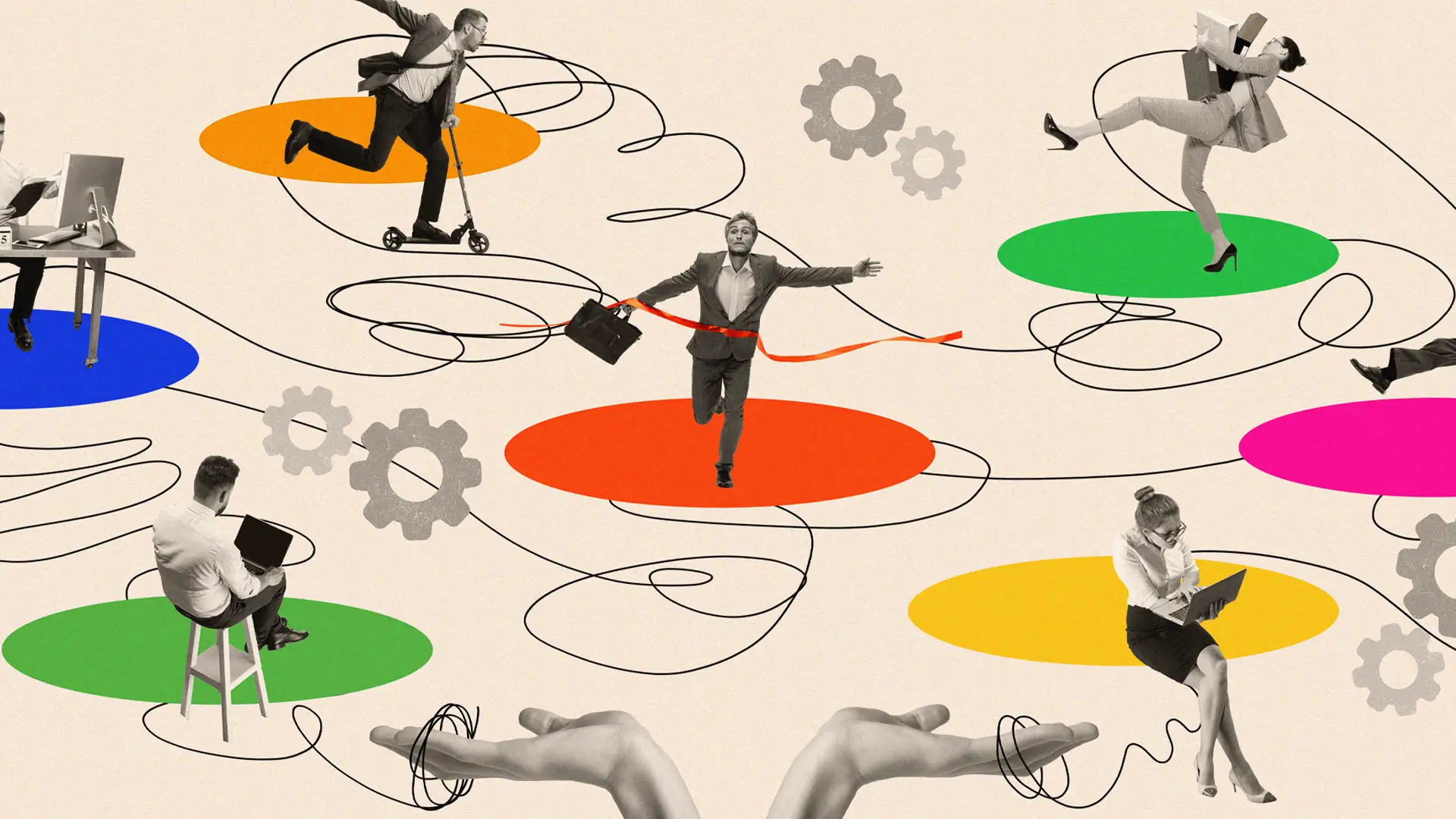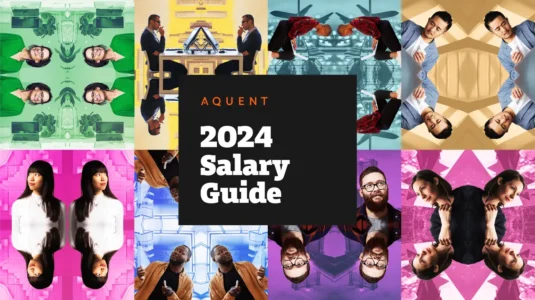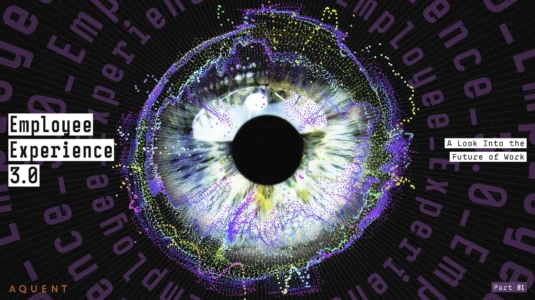

Key Takeaways
- Assessing a candidate's suitability for the creative project management position requires posing specific questions regarding their experience with milestones, overcoming challenges, managing teams, and aligning with the project's vision.
- Defining project success, adaptability, and innovation by candidates is key to ensuring alignment with the organization's values and fostering a collaborative, productive work environment.
- Mixing technical skills, leadership, and the ability to inspire teams in candidates are important to nurturing an innovative culture.
Hiring a top-tier Creative Project Manager is more than just plowing through resumes; it's about asking the right questions to uncover the depth of their experience, their management style, and their creative prowess. In a landscape where project management intersects with a myriad of creative disciplines, finding a candidate who can lead with innovation and tact is crucial. This listicle is your go-to guide to ensure that you're not just appointing a Project Manager but a visionary who resonates with your company's ethos and project essence.
1. Could you share a milestone project experience and what made it successful?

Asking a candidate to share a milestone project experience and what contributed to its success is key in evaluating their potential as a Creative Project Manager. This question delves into not just the candidate's track record of successful projects, but also their perception of success. It offers insights into their role in these achievements—whether they credit individual expertise or acknowledge the collective effort of their team. A response that highlights effective teamwork, strategic planning, and the ability to overcome challenges showcases a candidate's comprehensive management skills. Furthermore, it reveals their capacity for leadership, collaboration, and problem-solving—key attributes for managing complex creative projects. By understanding how a candidate defines and achieves success, hiring managers can better assess their fit for the role and the organization's culture.
2. Describe a challenge you faced in a project. How did you tackle it?
Here, you're aiming to probe their resourcefulness and leadership under pressure. A great response will detail a multifaceted approach that involves both decisive action and team support. A candidate who can articulate the complexities of a problem, highlight their decision-making process, and communicate how they delegated tasks to address it demonstrates both critical thinking and interpersonal skills. Look out for candidates who can identify potential challenges before they escalate, actively engage team members in finding solutions, and adapt to changing circumstances.
3. How do you prioritize in a crunch?
In creative roles, deadlines often clash with quality. The response to this question should reveal their criteria for making tough decisions and communicating those priorities effectively. A candidate who can clearly understand the project objectives, stakeholder needs, and deadlines, as well as how they mitigate risks, demonstrates their ability to balance competing demands. Their response should also reflect an openness to feedback from team members and stakeholders while maintaining focus on delivering quality creative projects on time.
4. What approach do you use to motivate your team?
Effective motivation reflects a Creative Project Manager's understanding of their team. Whether it's recognizing individual strengths or fostering a supportive work environment, their response should be people-centric and initiative-focused. A successful Project Manager should be able to inspire their team to embrace a shared vision, take ownership of their work, and strive for excellence. Their answer should demonstrate how they build trust, provide constructive feedback, and recognize the contributions of each team member.
5. When you had to mediate a dispute, what tactics did you use?
Successful leadership hinges on resolving conflicts, preserving robust relationships, and guiding projects to fruition. It involves more than merely settling disputes; it necessitates fostering a cooperative and positive work environment where each team member feels valued and heard.
For a Creative Project Manager, navigating the complexities of different job roles and team dynamics is a vital part of their role. This involves tailoring their management approach to meet the unique needs and responsibilities of varied teams and their leaders. A proficient candidate will showcase their skill in identifying and adapting to the distinct strengths, challenges, and motivational factors of individual team members, in addition to aligning with the broader goals of diverse teams.
They are expected to demonstrate how they create a unified work environment, encourage effective interdepartmental communication, and make each team member feel supported and valued. Such a strategy not only boosts productivity but also fosters a harmonious and inclusive organizational culture.
6. What process do you follow to align visions across teams?
A clear vision and efficient communication are critical to the success of any project. A seasoned Creative Project Manager's methodology should encompass not only articulating the project's objectives but also ensuring that all team members are aligned with this vision. Such a manager will explain their strategies for overcoming communication barriers across teams, departments, and stakeholders. They aim to show their ability to attentively listen to various viewpoints, acknowledge and consider everyone's input, and merge these insights into a unified vision that meets the client's goals.
7. How can you stay ahead through innovation?
The creative industry is fast-paced; staying on top of trends is essential. Their response should outline a blend of research methods, team contribution, and personal touch that keeps their projects on the innovative edge. They should demonstrate their ability to anticipate the needs and wants of their target audience, interpret market trends, and identify new opportunities. Furthermore, a Creative Project Manager's approach to innovation should include gathering feedback from stakeholders at every milestone and benchmarking success against industry standards.
8. Project pivots: your experience and management approach?
Adaptability isn't just about technology; it's about seamlessly moving people and resources. Strong candidates' experience with pivots should be insightful and underscore the importance of clear, swift communication. They should showcase their ability to assess risk and adjust project plans accordingly while maintaining team morale. They should be able to communicate how they keep stakeholders informed during such transitions, manage conflicting priorities, and ensure that the final product meets the client's needs.
9. Which tools have you used in your project management experience, and how do these tools influence your trade?
A Project Manager's skill set is not solely defined by the tools they are proficient in, but also by their adaptability and ability to leverage new technologies effectively. When discussing their toolkit, candidates should provide insights into how they navigate the project lifecycle and prioritize the tools available to them. They should showcase their familiarity with project management tools, communication platforms, and design software, emphasizing how these tools enhance efficiency, collaboration, and overall project outcomes. Furthermore, it's important for a strong candidate to discuss their approach to recommending and adopting new technologies, showcasing a willingness to learn and become the subject matter expert to drive success within their teams.
Some of the tools they may name
Here are some vital tools a Creative Project Manager might use:
- Trello is an intuitive project management application ideal for organizing tasks and milestones on a visually appealing board. It facilitates easy tracking of project progress and team collaboration.
- Slack is a communication hub that enhances team interactions by making it simpler to share ideas, files, and feedback in real time. Slack channels can be organized by topic, project, or team for efficient communication.
- Robohead is a project management platform built for creative and marketing teams that gets everyone on the same page and allows you to focus on creative work that drives your company's growth.
- Asana: Known for its flexibility and comprehensive features, Asana allows for detailed project planning, task assignments, and progress tracking. It supports both list and board views, making it adaptable to various project management styles.
- Adobe Creative Cloud: A suite of essential software for creative projects, including Photoshop, Illustrator, and InDesign. These tools are critical for designing, editing, and finalizing creative assets.
- Google Workspace: Offers a range of productivity tools such as Docs, Sheets, and Slides, facilitating seamless collaboration and sharing of project documents and presentations across teams.
- Microsoft Teams: Combines workplace chat, meetings, notes, and attachments. It integrates well with Office 365 and provides a comprehensive platform for team communication and collaboration.
- Miro: An online collaborative whiteboarding platform that enables distributed teams to work effectively together. It's ideal for brainstorming sessions, flowchart creation, and mapping out user storyboards.
- Monday.com: A versatile platform that can be customized for various project needs, from simple task management to complex workflow automation. Its colorful interface and visual project timelines enhance clarity and team coordination.
Each of these tools offers unique features that can be leveraged to streamline workflows, enhance communication, and drive productivity in the realm of creative project management.
10. What's your measure of project success?
Identifying how a candidate views success is core to aligning them with your company's values. Whether it's purely data-driven or emphasizes intangible team growth, their metrics should be thoughtfully chosen and applied.
These questions are not just a checklist; they're a starting point for a conversation that should echo through the walls of every project your team undertakes. They are designed to not only bring out the professional depth of a candidate but also to understand who they are as a person and as a potential anchor to your team's success. In today's dynamic world, the Creative Project Manager is the Bureau of Exploration and the Guardian of Vision. May your search yield the right blend of passion and practicality, vision and verity, that sets your projects on the path to greatness.
Conclusion and additional resources
The questions outlined above serve as a comprehensive guide for identifying a Creative Project Manager who not only possesses the technical skills and experience essential for the role but also embodies the adaptability, vision, and innovative thinking required in the fast-evolving creative industry. They aim to reveal candidates' approaches to teamwork, communication, problem-solving, and project management while also uncovering their passion for the craft. By engaging candidates with these questions, you can gain a deeper understanding of their character and potential fit within your team.
Additional resources
Did you find the tips and strategies in this article helpful? Learn more tips from our expert team of recruiters by visiting these resources:
Related

Look beyond the code to find great web developers.
Recruiting & Hiring

Targeted advice for managers to prevent employee burnout.
Diversity, Equity & Inclusion, Managing & Leading Teams, Remote Work

Returned to the office? How to create an inclusive workplace.
Diversity, Equity & Inclusion, Managing & Leading Teams

